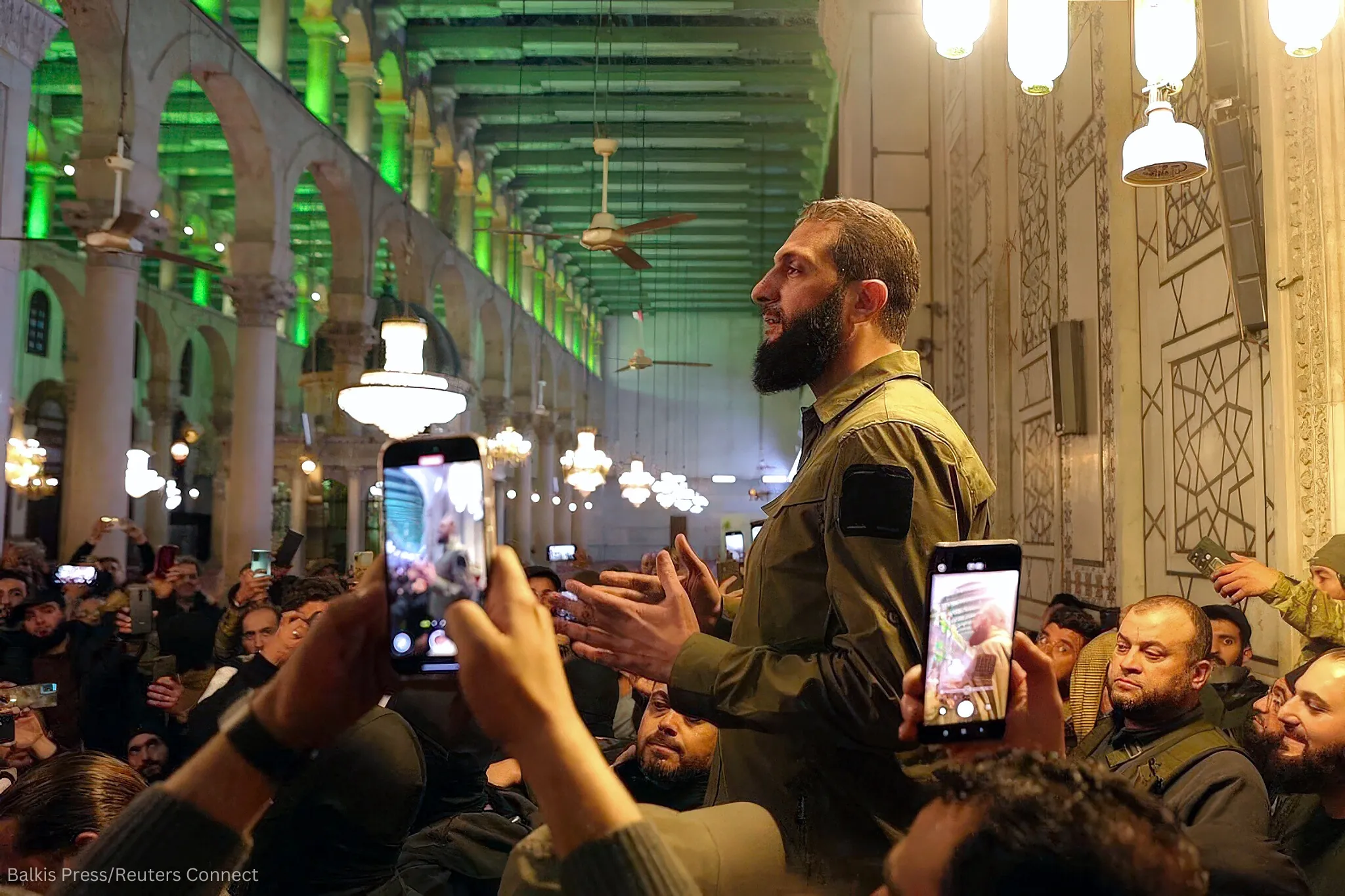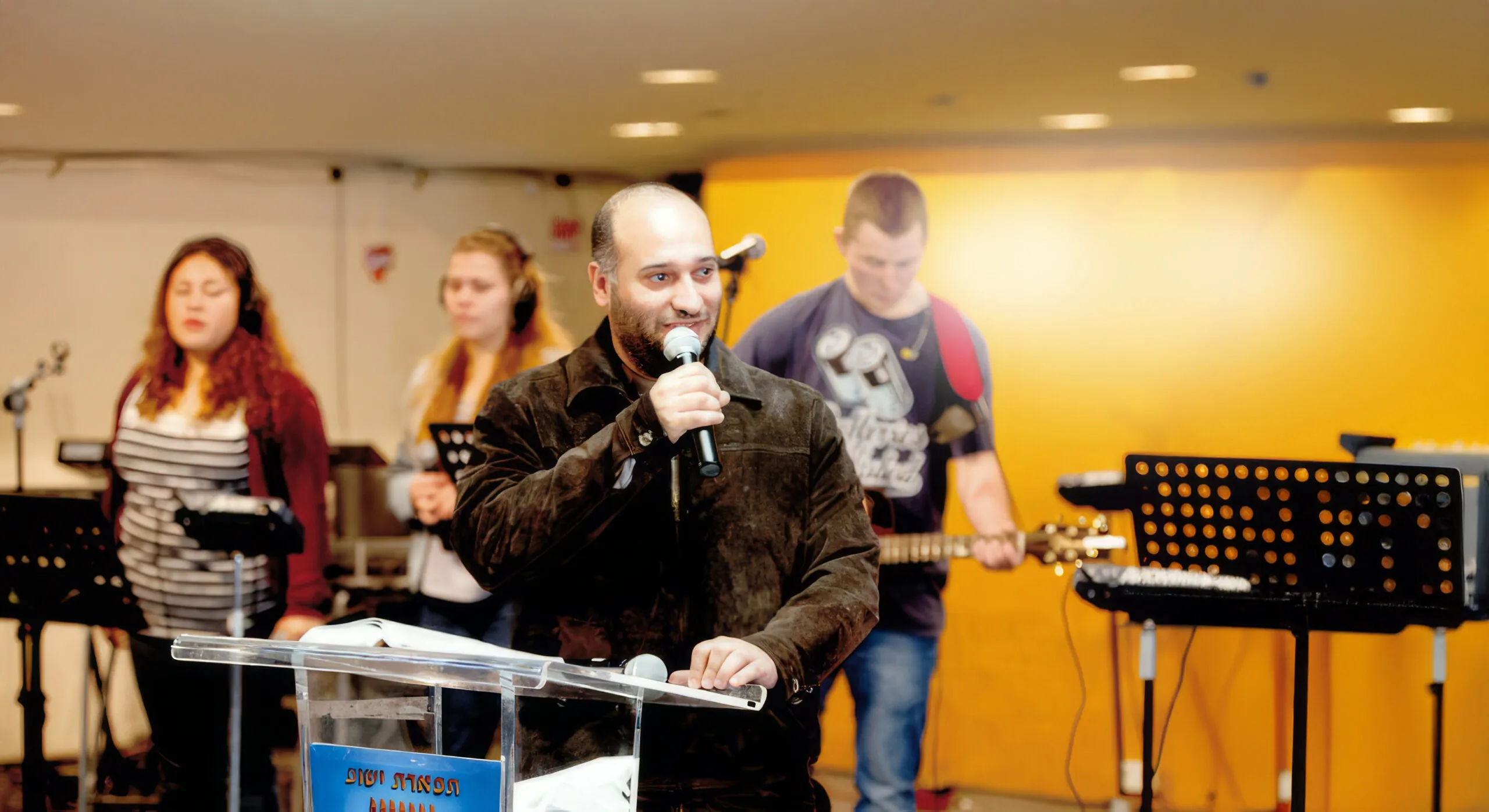
Above: Moti ministering at Tiferet Yeshua congregation in Tel Aviv
You are about to witness a historic moment for believers in Israel.
Birthed in 1995 by my parents Ari and Shira Sorko-Ram, Tiferet Yeshua was the first solely Hebrew-speaking, Spirit-filled congregation planted in Israel since Bible times.
Moti Cohen was among the early fruits of the street outreach in Tel Aviv when Maoz Israel and Tiferet Yeshua joined forces with several local ministries in the late 1990s.
Just a few weeks ago, Moti was instated as the new pastor of Tiferet Yeshua (Hebrew for the “Glory of Yeshua”), the congregation he has been a part of since he was 16 years old.
Moti is notably the first Israeli-born pastor who doesn’t speak English.
Keep reading to find out why this is so significant.
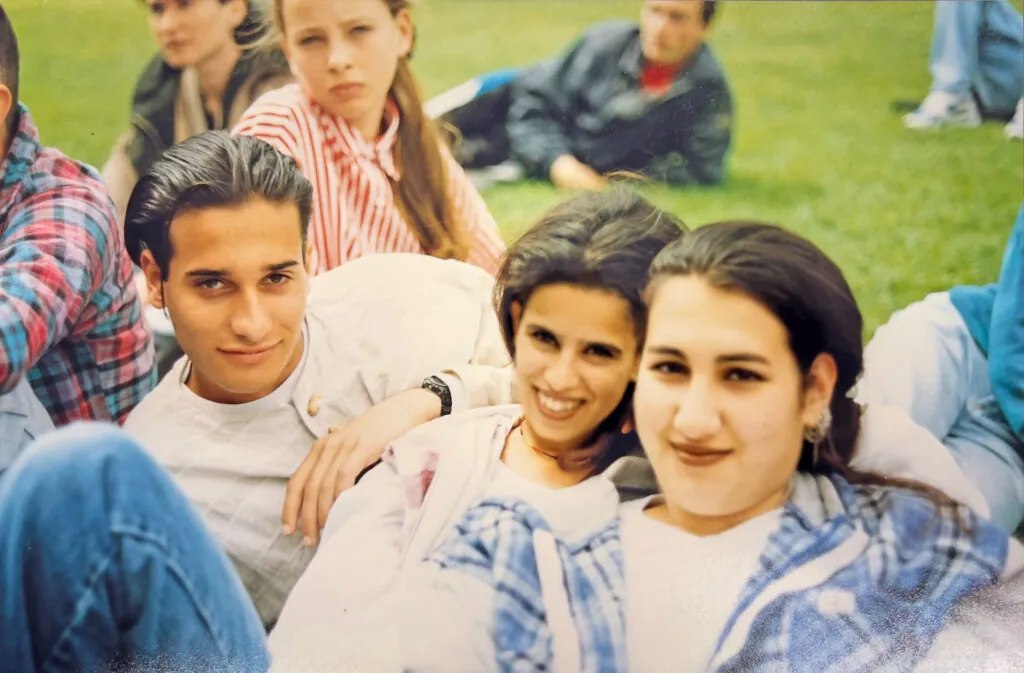
The Backstory
I was a teenager in high school when Moti Cohen first popped into my world. He had a ponytail, loved Metallica and was always surrounded by other kids. From the earliest memories I have, I had witnessed to my friends, and I remember many of them showing interest. But Moti was the first person I ever led to the Lord. (You can read his full testimony here.)
Moti’s decision to follow the Lord took place in 1995 at what has since become a legendary youth conference. The conference earned its status for three key reasons. First, its size was remarkable for the time—130 youth in attendance! Second, it marked the birth of a youth movement called Souled Out, which changed the paradigm of youth ministry in Israel and eventually evolved into today’s Katzir youth camps. And third—as is often the case with spiritual breakthroughs—it sparked controversy. A local journalist, who happened to stop by our event published a scathing article filled with salacious, criminal accusations against my parents, Tiferet Yeshua and the five other congregations who partnered with us in organizing the conference. All our Messianic leaders were investigated by the police. Her claims were so unfounded that she was ultimately fired and the newspaper’s lawyer wrote us an apology.
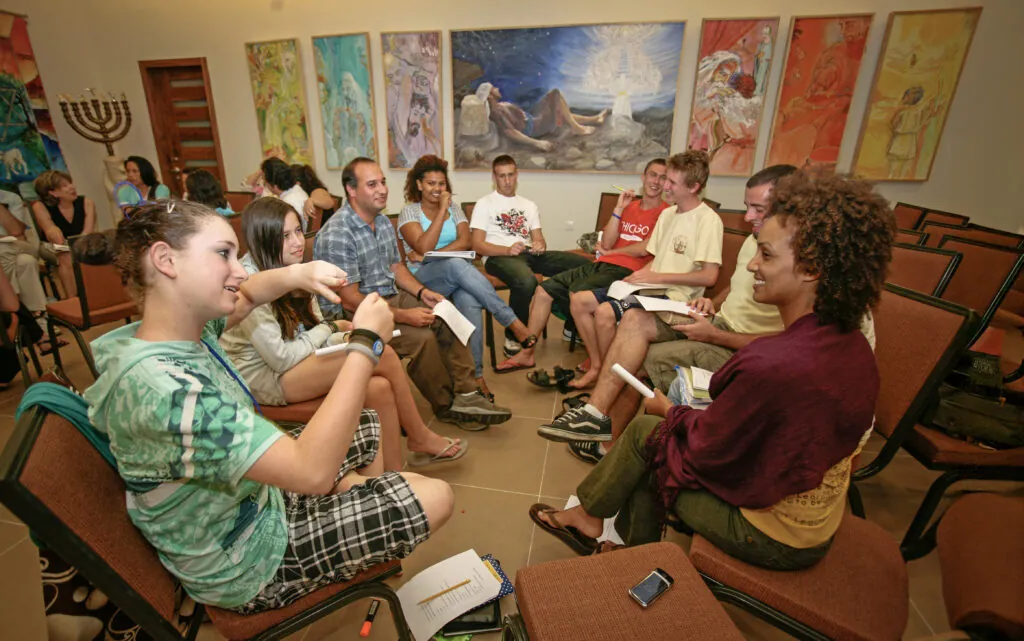
A few years later when Moti was volunteering at the Katzir youth camps, he unexpectedly received a prophetic word from one of the camp speakers. He said, “You are like a tree planted by the river with deep roots. Your congregation is this river and everything you need you are going to find there.”
Moti explained, “For me, that Word wasn’t just accurate; it was a promise from God. As someone who deeply values stability and consistency, the ability to anchor myself in one community and grow deep roots was the best gift I could have been given.” He reminisces, “Over the past 30 years I’ve been a part of Tiferet Yeshua. I didn’t just find the usual fellowship. I met my wife, dedicated our children and discovered my calling. And when we found out we were expecting our 6th child, the congregation—together with Maoz and other local ministries—blessed us with a vehicle large enough for our growing family (which is no small feat in Israel, where cars are extremely expensive).”
Generational Blessing
Moti’s story has some fascinating side notes.
What comes next demonstrates just how much our steps are ordered by the Lord—even in the midst of apparent chaos.
Tiferet Yeshua was founded in our basement in Ramat Hasharon during my high school years. As the congregation grew, we eventually outgrew that space and relocated to a building in the heart of Tel Aviv for a season. We were there for probably a year or two until, on an otherwise ordinary Wednesday, the person in charge of the place abruptly decided that our congregation was no longer welcome to meet in that building, effective immediately.
My dad looked franticly across Tel Aviv to find a place where we could possibly hold our Shabbat service in three days. Avi Mizrachi, pastor of the congregation ‘Adonai Roi’ at the time, heard about the situation and graciously offered his place since his congregation met on a different day. We survived the first service and for a while, both congregations met in the same place. Adonai Roi eventually relocated and we were able to rent that hall where Tiferet Yeshua continues to meet until this day.
Moti’s dad was a professional plumber at the time. One day when the coffee corner in the congregation was having plumbing issues, he asked his dad to come fix it. When his father arrived at the location, he was shocked. “Do you know what this place is?” he asked. “Yes,” Moti answered, “this is where our congregation meets every Shabbat.”
His father smiled and said, “This place used to be an event hall. Your mother and I were married in this very place, and you had your Brit Mila (baby dedication) here.”
Eventually, Moti’s own children would have their baby dedications and Bar Mitzvahs in the same facility. Needless to say, the location has already been a blessing for three generations!
The Best Kind of Tourists
Moti recalls, “I remember many times over the years when tour groups would visit Israel. The most fascinating tourists were ones who kept up with the Maoz Israel Report. They were always in the know about so many things happening in Israel. Among the stories of the growing Body in Israel were updates about me. Meeting them felt a bit like being in the movie ‘The Truman Show,’ where you just think you’re living your life on your own, but in reality, so many people are watching you from the outside. They would come up to me time after time and excitedly tell me how they had followed my story and prayed for me since I was a teen. It was very moving to me that strangers from overseas saw me as valuable enough to include me in their prayers for years. It also helped me realize the importance of what God was doing in my life in the context of the salvation and restoration of Israel.”
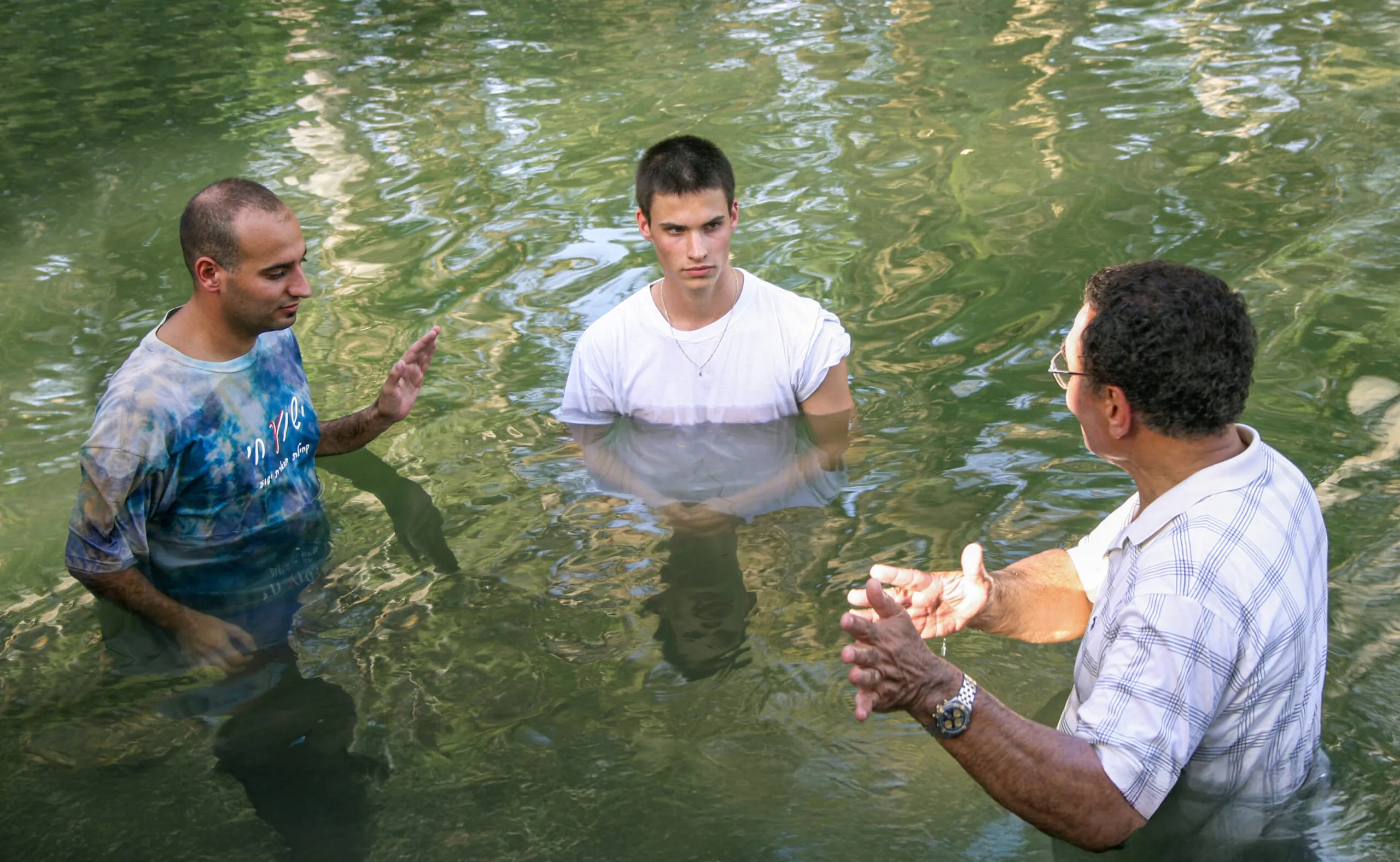
First Employee
For three years after his army service, Moti worked at a local university and volunteered at the congregation. When he was offered a job at the congregation, he resisted the idea. As an Israeli, he didn’t understand the idea of full-time ministry. “I love volunteering,” he said, “why would you pay me?”
Soon, however, he understood the significance of being able to entirely focus on developing the congregation and became Tiferet Yeshua’s first employee. Once he was no longer spending his days working at the university, there was more time to develop the youth ministry, among other things. Moti and several other young people started a group called “Neged”—a Hebrew acronym that roughly translates, “Youth of the Tel Aviv Area” and also means “resistance of the status quo”! They gathered teens from different congregations in the area for activities. That group still exists today, and even Moti’s teenagers are now a part of it.

As a child, Moti lived in a poor neighborhood and would regularly have to step over drug addicts to get to his building entrance. It was out of his early exposure and deep compassion for the marginalized that his outreach, called “Feed Tel Aviv” was born. For years, Feed Tel Aviv has supplied more than 1,000 hot meals a month to the lost of Tel Aviv. And Moti shared joyfully, “Today, I have friends—brothers and sisters in the Lord—who were once drug addicts and are now clean and walking in the ways of God.”
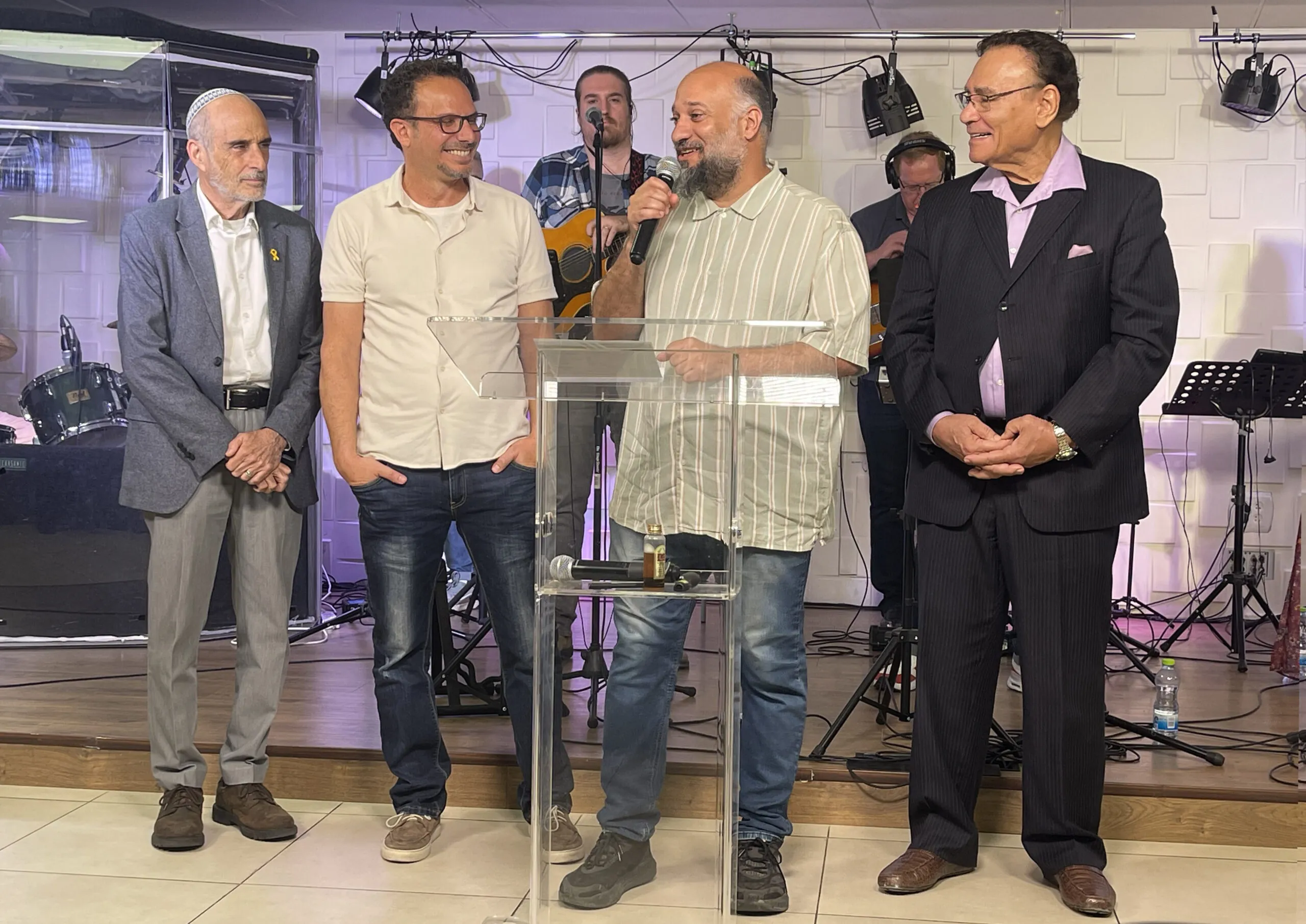
Full Circle
This past fall during the High Holidays, Gil, who has led Tiferet Yeshua for the past nine years, approached Moti about taking on the role as head of the congregation. Gil and Tamar would in turn focus their efforts on the administrative side of the congregation.
Moti admittedly had never considered becoming the pastor. He enjoyed the stability of holding down the fort and being in every service. Additionally, he doesn’t know English.Though Moti had completed postgraduate studies in theology and Biblical counseling, his dyslexia had made it difficult for Moti to study other languages his whole life. Why, you ask, would English be a criteria for a pastor of a Hebrew-speaking congregation?
Well, in the early years of the growth of the Body in Israel, congregational services were usually held in homes and the overhead costs were limited to snacks and folding chairs. As congregations grew too large for homes, spaces were rented for meetings. The major issue with this is that the two greatest expenses in Israel are vehicles and real estate.
This will likely come as a shock to most, but renting a space in a major city for a congregation of 100-200 people (large for Israel) can easily cost upwards of $20,000 a month. And a growing congregation will require a van (around $100,000), as there are always those who need rides to and from the congregation because there is no public transportation on Shabbat. That is an impossible load to put on the tithes and offerings of a couple hundred middle class Israelis who already pay high taxes and rent on their apartments.
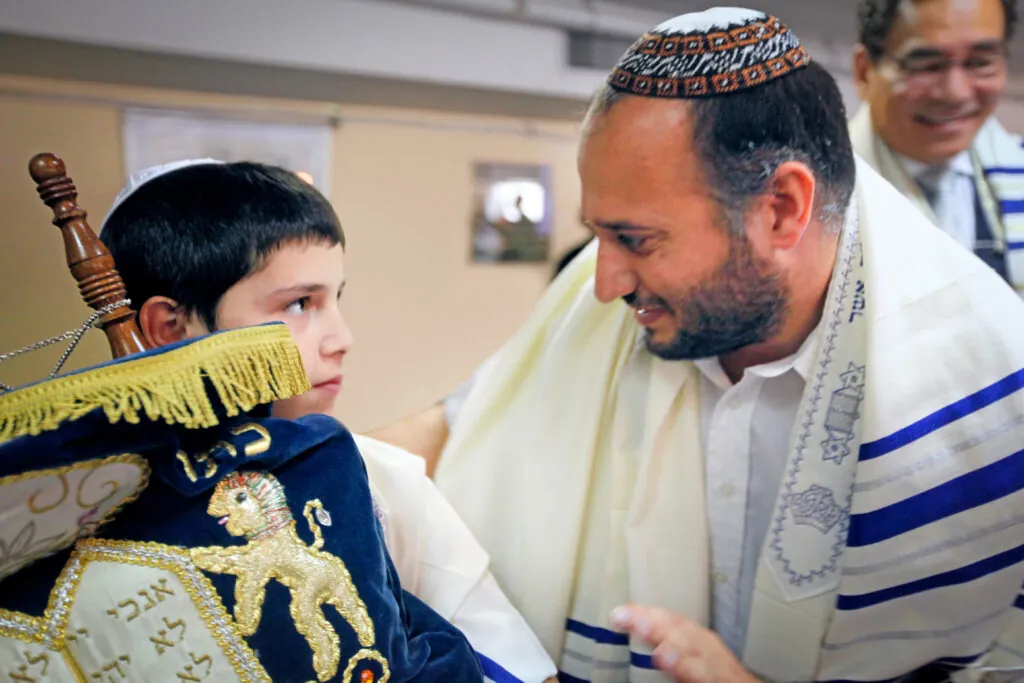
The Good and Less Good News
The good news is that Christians around the world have pitched in and helped cover the cost of many of these expenses. This engagement by the Church has done wonders to the Body’s growth in Israel! And so, I tread carefully to explain the following problem.
The less good news is that in order to raise funds for their congregations, Israeli pastors must constantly travel and speak, as well as advertise their activities abroad to attract donors. Some pastors can spend six months out of the year outside of Israel. The greatest consequence of this issue is that no pastor of a congregation with a building in Israel can dedicate all their attention to their people.
This challenging scenario affects the quality of discipleship and ministry Israelis receive in their congregations. It can also jeopardize ministry to new believers, who may be scared away by their stories being shared all over the internet for fundraising purposes. But what other choice do leaders have?
If you consider the average gift is around $100, Israeli pastors will interact with hundreds, if not thousands of people annually—who each want to sit for coffee and hear testimonies and see pictures…thousands of people who are not their congregants. The gifts are lifegiving, but the methodology is relentless, demanding everything in its pursuit.
I hesitate to discuss this because I do not wish to discourage Christians from being wholeheartedly engaged in the physical and spiritual restoration of Israel. But I believe in the sincerity of our readers and partners who wish to make the most positive impact possible for the Kingdom of God in Israel. And for this to happen, we need a paradigm change.
We can reset this model together. The vision is for local pastors to teach their congregants about tithing and generosity while Christians can commit to supporting an Israeli congregation as a matter of principle that is not dependent on a pastor actively fundraising. Read the “Shalom from Jerusalem” section in the Maoz Israel Report to find out how!
This is one reason Moti’s appointment as pastor of Tiferet Yeshua congregation is so significant.
It is why he is arguably the first “indigenous pastor” of a sizeable congregation in Israel—the first native-born Israeli pastor who doesn’t speak English, whose eyes will only see his people before him.
This is just the beginning, but it could be the beginning of something great!
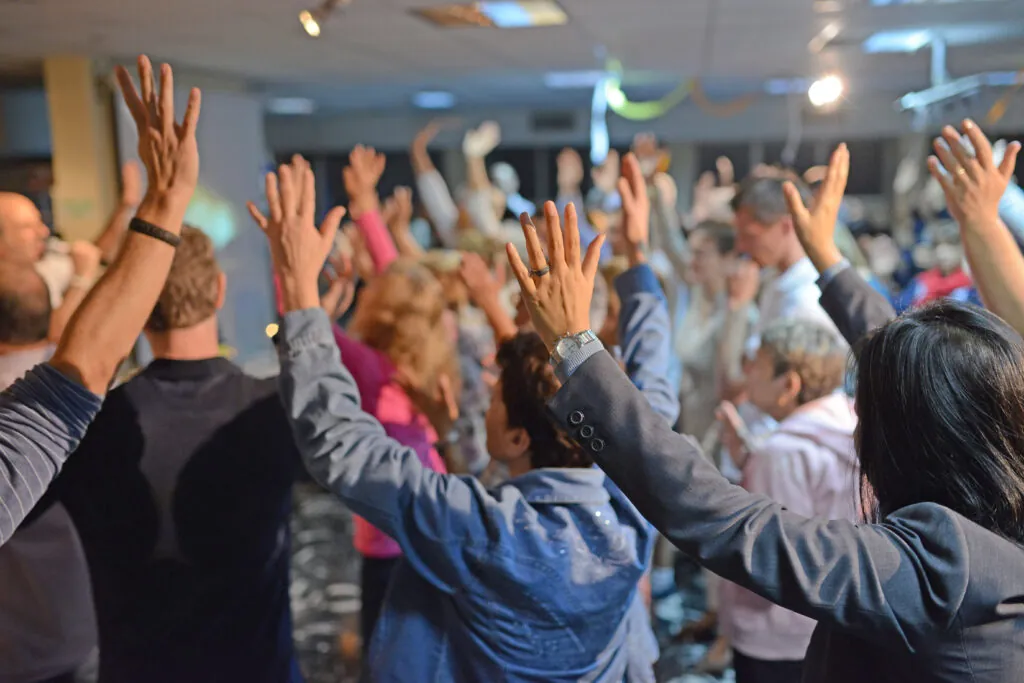
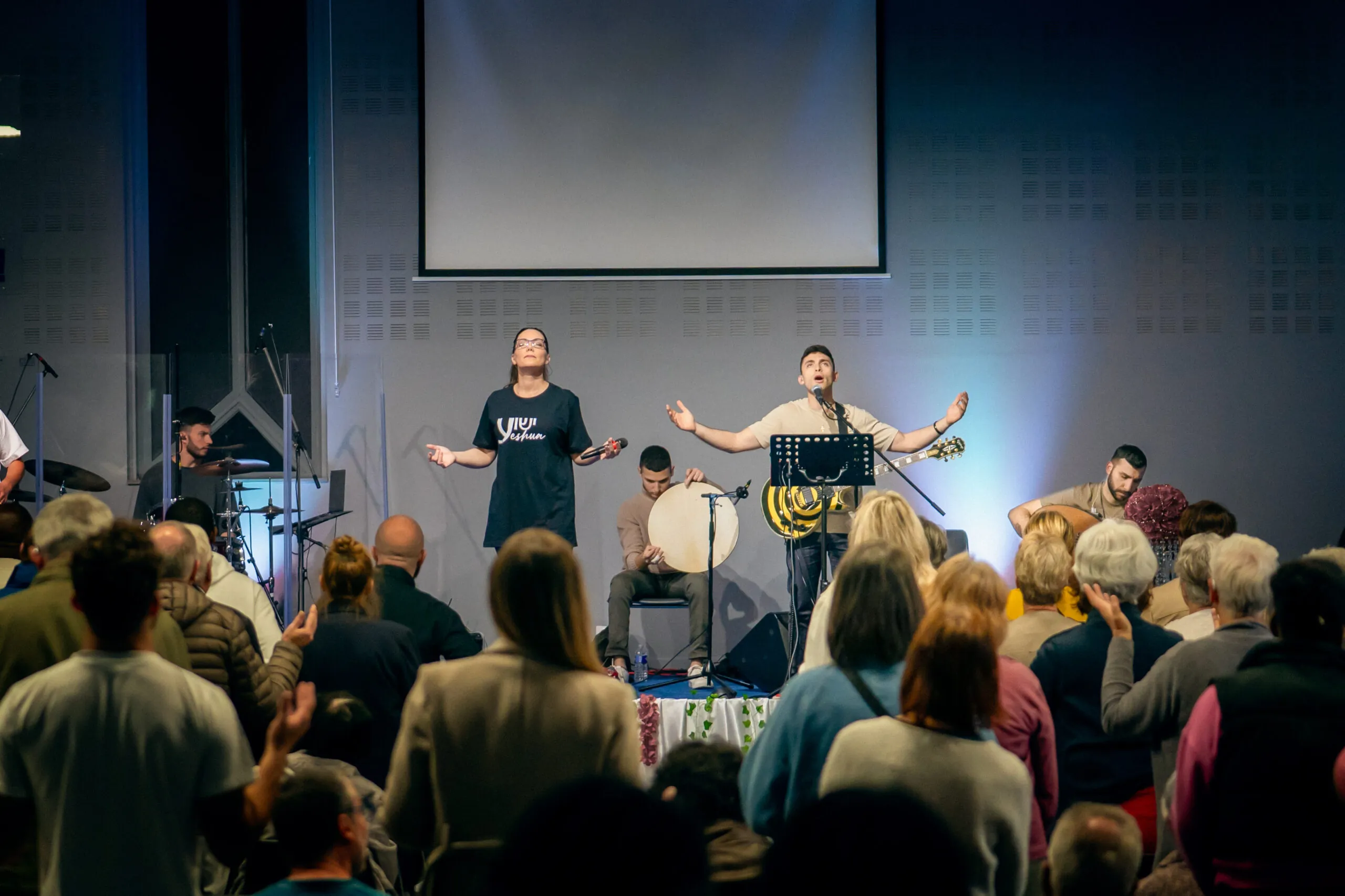
Israel and Ishmael Tour Mission

No Child Left Behind

Israel’s First Indigenous Pastor?
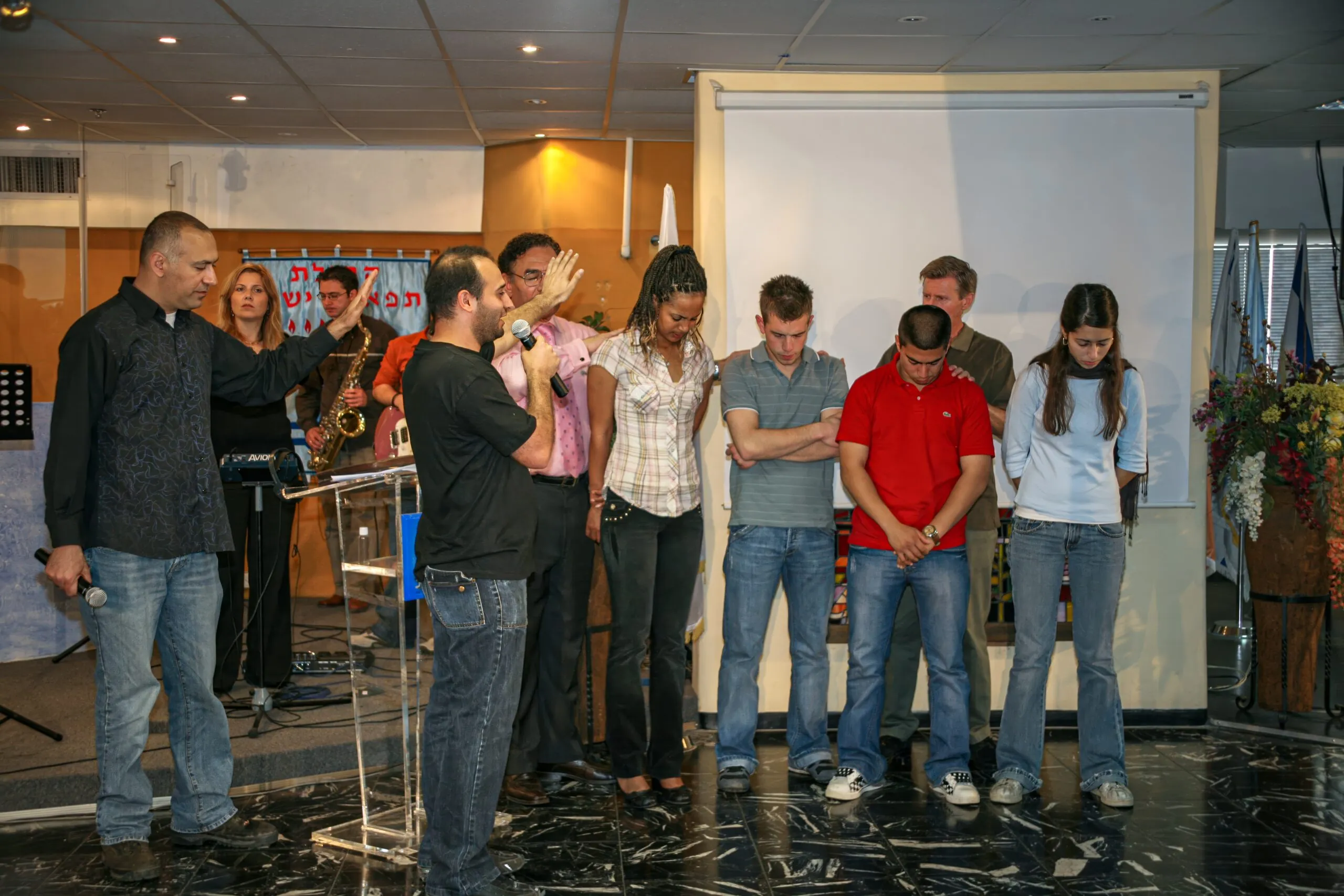
Rooted and Rising in Israel
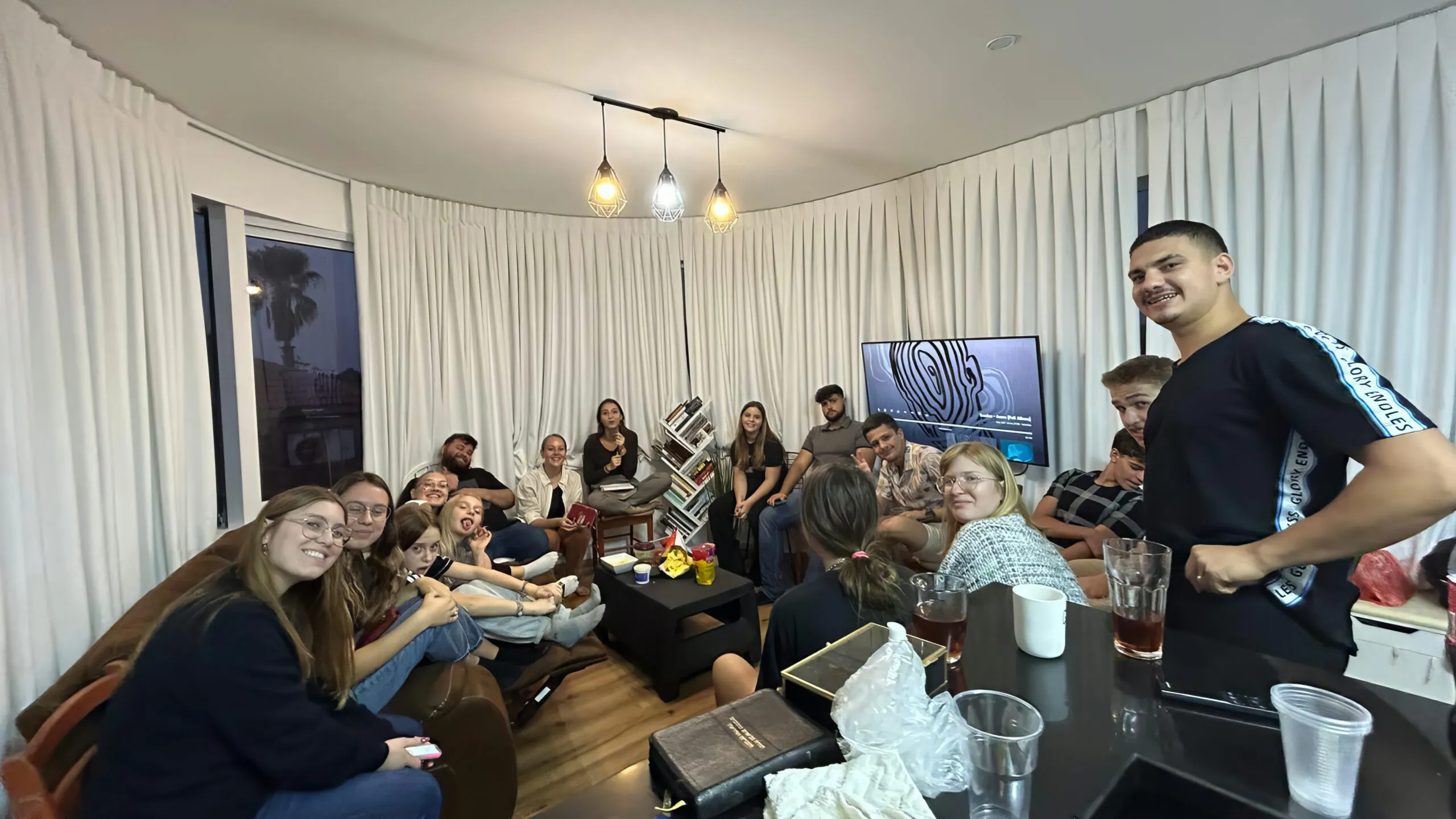
A New Generation Rises
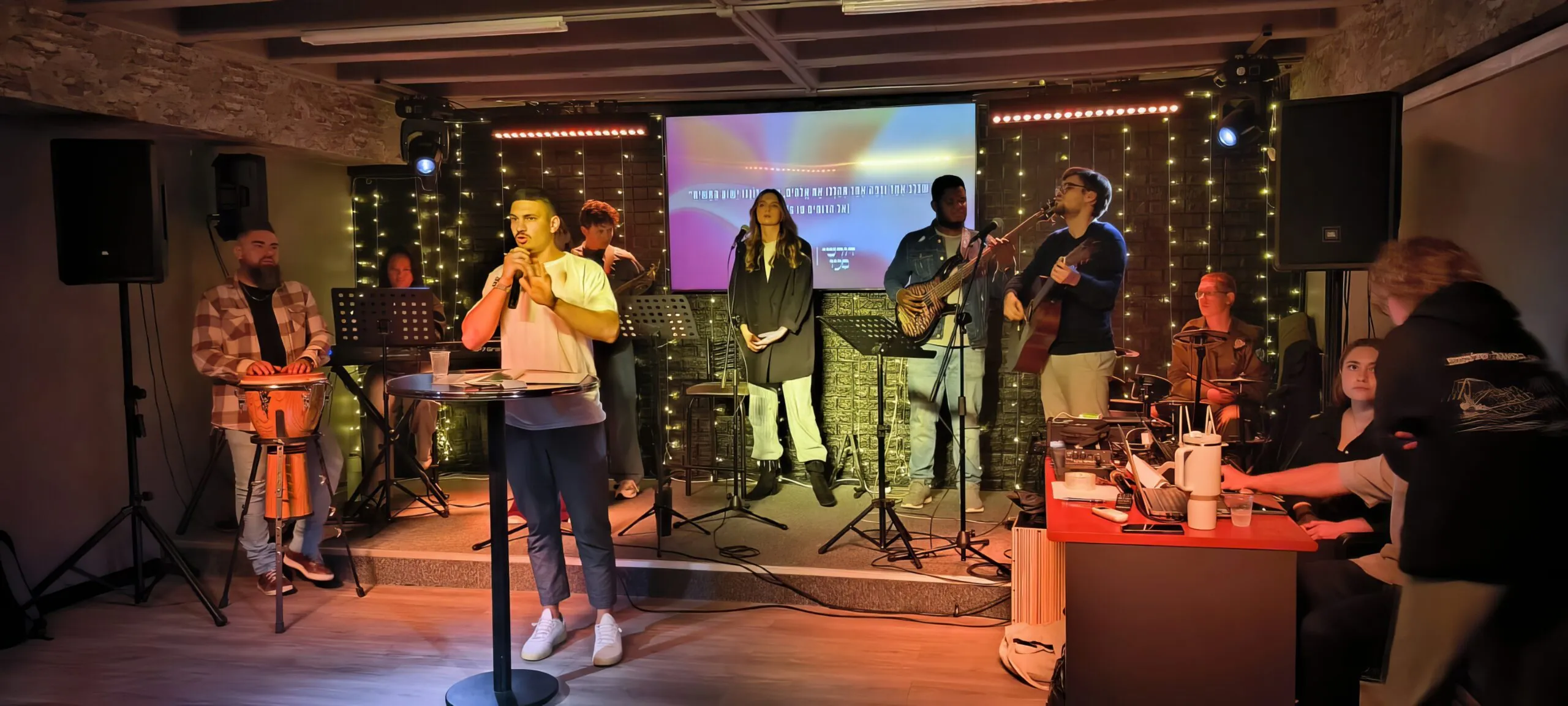
Leaders in the Making

Free Gaza

Bringing Light Beyond Borders

From Crisis to Christ
